I Had a Sister I Never Knew About—Until I Found Her
All families have secrets. But what if the secret was a person—a sibling you didn't know about? These women learned the truth—and their lives were never the same.
My father's desk in 1979 sat imposingly in a corner of our living room in Centerville, Ohio. I was 11 years old; what could I have been searching for when I opened its drawers, pushing envelopes and folders aside? A good fine-tip pen, I think. In our house, the permanence of ink and the clumsy, wayward hands of a child were reasons enough to keep such instruments hidden.
Instead, I found a photo of a girl, around my age, with chin-length, wavy brown hair and thick bangs. I immediately envied her: My hair, black and straight down my back, had no style. She wore a lemon-yellow sweater and a brown pair of pants, slightly flared. I envied her outfit, too. She was standing on a balcony against a green backdrop of trees. I don't remember her smiling, but rather looking inquisitively into the lens. At the moment when our eyes aligned, it felt as if she was looking at me.
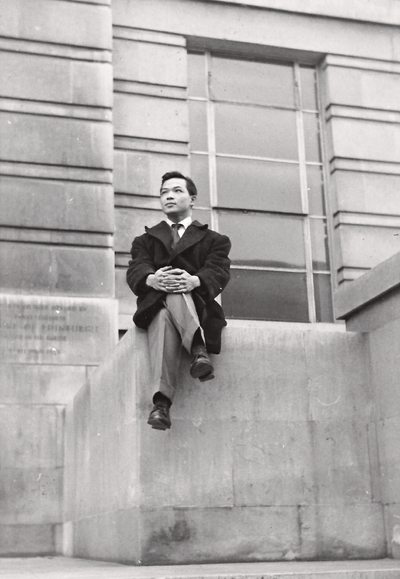
My father in Leeds, England, circa 1958.
I could only assume that we were related. Why else would my father have her photo? I was an only child then; the girl in the photo didn't look like any cousin I knew. She also didn't look Vietnamese. I showed it to my mother. "You'll have to ask your father about her," she said quietly.
I loved my father dearly, but his demeanor was even more august than his desk. He spoke to me first, if at all, and never the other way around. Curiosity and instinct must have made me brave, because I did ask him, and the story he told forever disrupted the static, simple definition of family for me.
The girl was named Marie-Laure, my father said. She was my half sister, seven years older than me. She was "half " in that she was born to his first wife, and "half " in that her mother was Swiss and our father was Vietnamese. Every element of his story was unimagined, unexpected, and verging on the mythical. As he spoke, I thought of a Greek myth about the goddess Athena that I'd just learned, and how she was born fully formed from the head of her father, Zeus. My own father's story ended there. He clearly wasn't pleased to be confronted with a past that he'd kept deep inside his desk.
"My own father's story ended there. He clearly wasn't pleased to be confronted with a past that he'd kept deep inside his desk."
The photo of Marie-Laure held within it a world of adult emotions and fractured lives, which I was too young to inhabit or see. I understood right away, though, that the girl in the photo no longer existed. She was 18 by then, wearing her hair differently, no longer fond of that bright shade of yellow, and probably unrecognizable. Was it possible to miss someone you'd never met? The answer was yes; from the start, I heard the word "sister" and muted the "half."
Less than a year later, Marie-Laure came to live with us, attending the local high school as a foreign exchange student. Our age difference was insurmountable then. The real-life girl was a typical older sister, uninterested in me and even a bit scornful of my existence. Living under the same roof didn't forge us as sisters, but maybe that's not how sisterhood is defined, anyway. Once Marie-Laure returned to Switzerland for college, she slipped back into the borders of photographs.
Stay In The Know
Get exclusive access to fashion and beauty trends, hot-off-the-press celebrity news, and more.
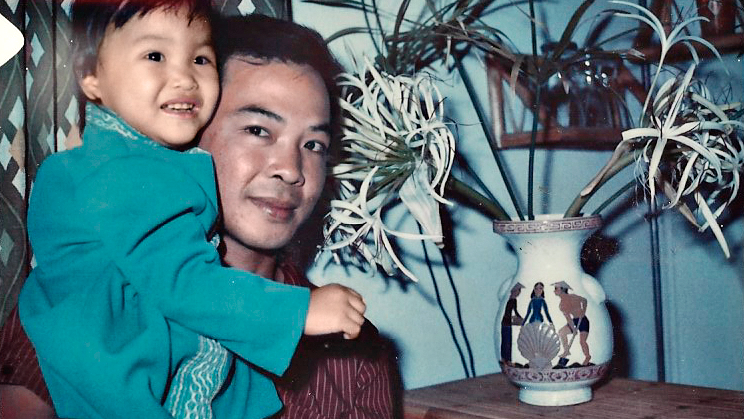
Me with my dad in Saigon, Vietnam around 1980.
I've lost track of the telltale photo, but never of Marie-Laure. Over the years, we've exchanged short letters and longer visits. In 2002, we reunited at our father's funeral in Houston. He was only 65 years old, and we thought we would have many more years to get to know him. We managed to communicate, via her competent English and my remedial French, that we were linked not by a father, but by a man who was a mystery to us both. It was the recognition of this void in our lives that made us begin to feel related. We've continued this transatlantic conversation ever since.
"We managed to communicate, via her competent English and my remedial French, that we were linked not by a father, but by a man who was a mystery to us both."
Our father's legacy to us wasn't really a void, but an understanding that families are created with care and effort. This summer, by the Tuscan seaside, Marie-Laure and I, our partners, and her three adult children gathered together for the very first time. During a gorgeous weeklong vacation, we ate sun-ripened tomatoes bathed in olive oil, hiked through a pine forest to reach the shore, and exchanged stories not only about our father, but also about ourselves. The photo wasn't important anymore. The two girls, the one on the balcony and the one looking at her—an image I've revisited countless times— were now two women trying to imagine and to piece together the stories of the complex, bruised beings that created us.
When Robin and Andrea McBride's father realized he had only a few years to live, he set out to introduce his grown daughters to each other.
Robin McBride: I grew up in Monterey, California. My mom had a pretty tumultuous relationship with my dad, and they split up when I was 2. Mom just said that being a family man wasn't in his cards. As I got older, I wanted to find him, but I didn't know how. "You can do that whenever you're ready," Mom would say. I figured that I'd search for him as an adult on my own.
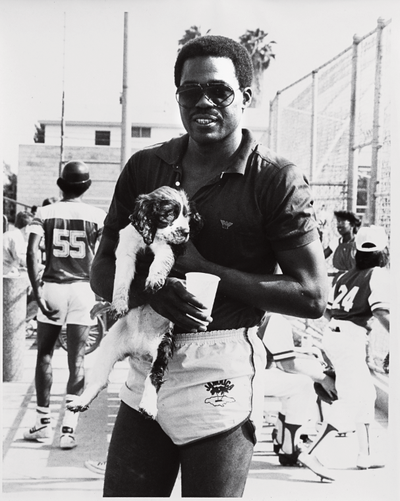
Robin and Andrea\'s father in 1983.
I was 24 when I got a call from my mother that she'd received a letter for me from someone with the McBride name. It was from my dad's sister in Alabama, whom I'd never heard of, saying that Dad had passed away of stomach cancer five years earlier, in 1996, and they'd been trying to find me. And that I had a little sister: Andrea, who was 16 and
lived in New Zealand. I felt such a mix of surprise, shock, grief, curiosity, and happiness; Mom and I just started crying. My aunt asked me to call her.
Crazily enough, by the time Mom got the letter and
I called, Andrea was at my aunt's house. She was set to fly to New York the next day to meet our dad's brother. So I hopped on a plane to New York to join her. I had to process those emotions and grieve my father in one night. I had no idea how I'd gotten a sister in New Zealand, but all I could do was go to the airport and find out—otherwise, I wasn't sure when I'd meet her.
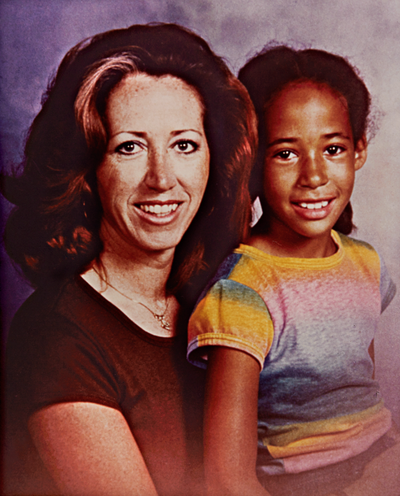
Robin and her mom in 1981.
Andrea McBride: Our dad and my mom divorced when I was 4. My mom and I moved to New Zealand, where she is from, when I was around 7. Mom had breast cancer and wanted to be around her family. After she passed away, I lived in both my uncle's house and foster homes. Then one day when I was 12, I came home from school and the phone rang. I immediately recognized the voice: Dad. He told me he had terminal cancer and that I had a sister named Robin. I hadn't talked to him in five years—my mom's family didn't like him much, so he didn't contact us when my mom died. I was confused and angry to hear this all at once and to learn that my father was dying, but there was a silver lining: I had a sister.
In 1994, when Dad's family started to look for Robin, there was no Facebook or Google. How were they going to find her? He wanted us to meet before he passed away, but the cancer was really aggressive. I went to his funeral in Alabama and met my aunts and uncles for the first time.
It just happened that a few years later, I visited Dad's family in the U.S. That's when Robin randomly, magically, happened to receive the letter.
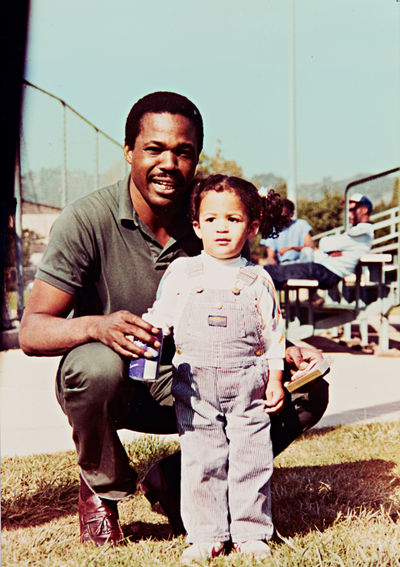
Andrea with her dad in 1984.
Robin: I remember walking off the plane, prepping myself like, "This is really happening." I saw what I thought was my reflection—even though Andrea is taller than I am and was just 16. But our hair was the same.
Andrea: I knew that she had a white mother, too, so I thought we might have similar characteristics. As soon as I locked eyes on Robin at the airport, I was in shock. It felt really surreal.
Robin: We didn't say anything for a long time. We hugged and cried and felt each other's hair—it was the same texture! It confirmed we were sisters.
Andrea: We got back to our uncle's apartment and felt like monkeys in a cage. It wasn't private; it was like, "OK, now go be sisters." We ended up going to a bar and sitting there until 4 in the morning, crying and talking. It was awesome for me—I'm 16, I'm in New York, I'm in a bar with my newfound big sister. I was able to fill in a lot of details for her—family drama.
Robin: I didn't know why Dad was missing from my life and what had happened afterward. We did a massive download of both of our backgrounds. Even though Andrea was young when he was around, she had lots of pictures and memories that helped me feel like I knew him better.
Andrea: Everything changed for me now that I had a sister: my outlook on life, how I felt about myself, and the concept of family. Robin moved back to Monterey, and I decided to go to the University of Southern California. Every other weekend, I'd drive up to Robin's place. We were making up for lost time.
"Everything changed for me now that I had a sister: my outlook on life, how I felt about myself, and the concept of family."
We never fought, and still don't. Since we didn't grow up together, there's no sibling rivalry, like "You're Mom's favorite." We met as adults, so we treasure our relationship, and there are lines we don't cross. We choose our words carefully. It seems so trivial in the grander scheme of our story to get caught up in nonsense. We're definitely cut from the same cloth. We both have the McBride scowl when we're annoyed.
Robin: But we don't push each other's buttons.
Andrea: We were also both brought up around wine. My uncle in New Zealand was a grape grower. And Monterey is a wine region. I can't pinpoint the exact day we decided to go into the wine industry together, but we felt like the stars had aligned in bringing us together. We started our company by importing boutique wines from around New Zealand, and in 2010, we launched our own wine brand under the name The McBride Sisters. I think our dad would be happy to see his last name on a bottle of wine.
This article appears in the December issue of Marie Claire, on newsstands November 17.
Follow Marie Claire on Instagram for the latest celeb news, pretty pics, funny stuff, and an insider POV.
-
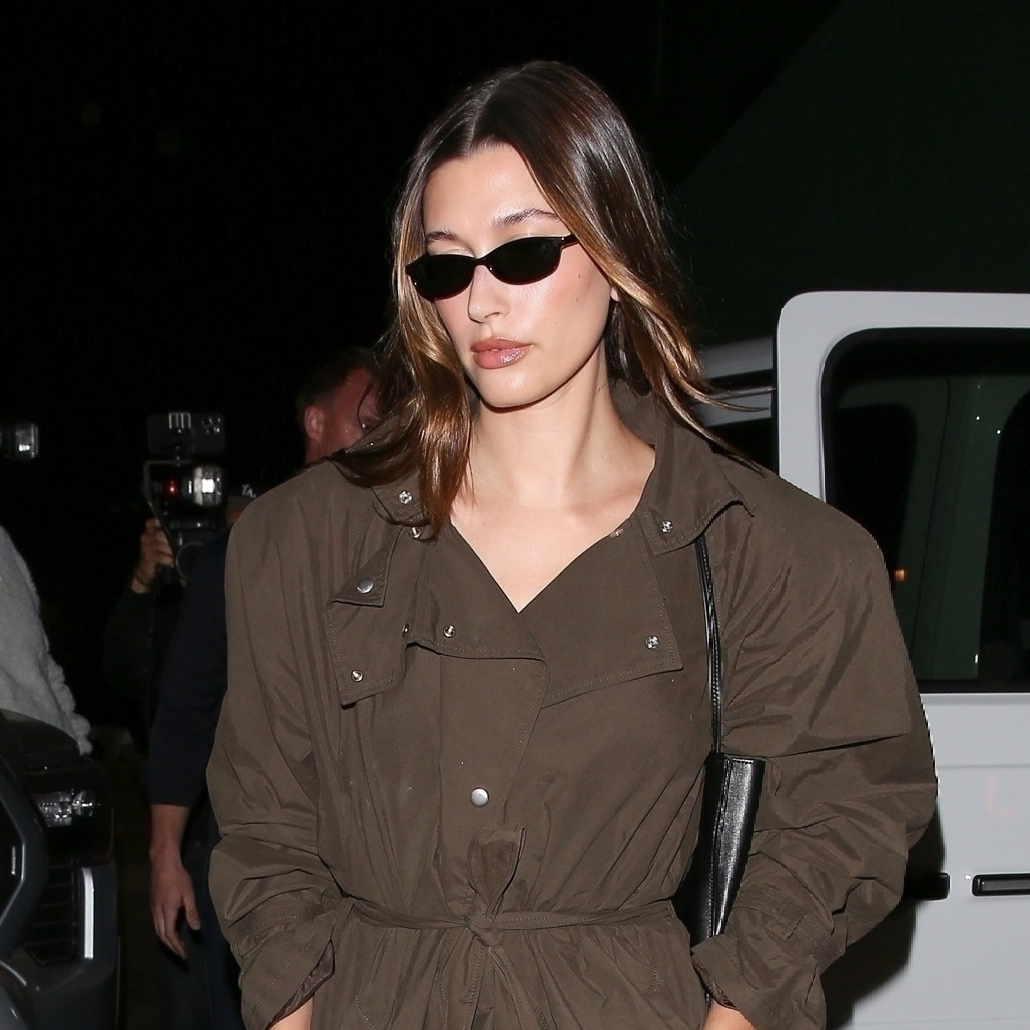 Hailey Bieber Styles a Bubble-Hem Trench as a Mini Dress
Hailey Bieber Styles a Bubble-Hem Trench as a Mini DressShe's a styling genius.
By Kelsey Stiegman
-
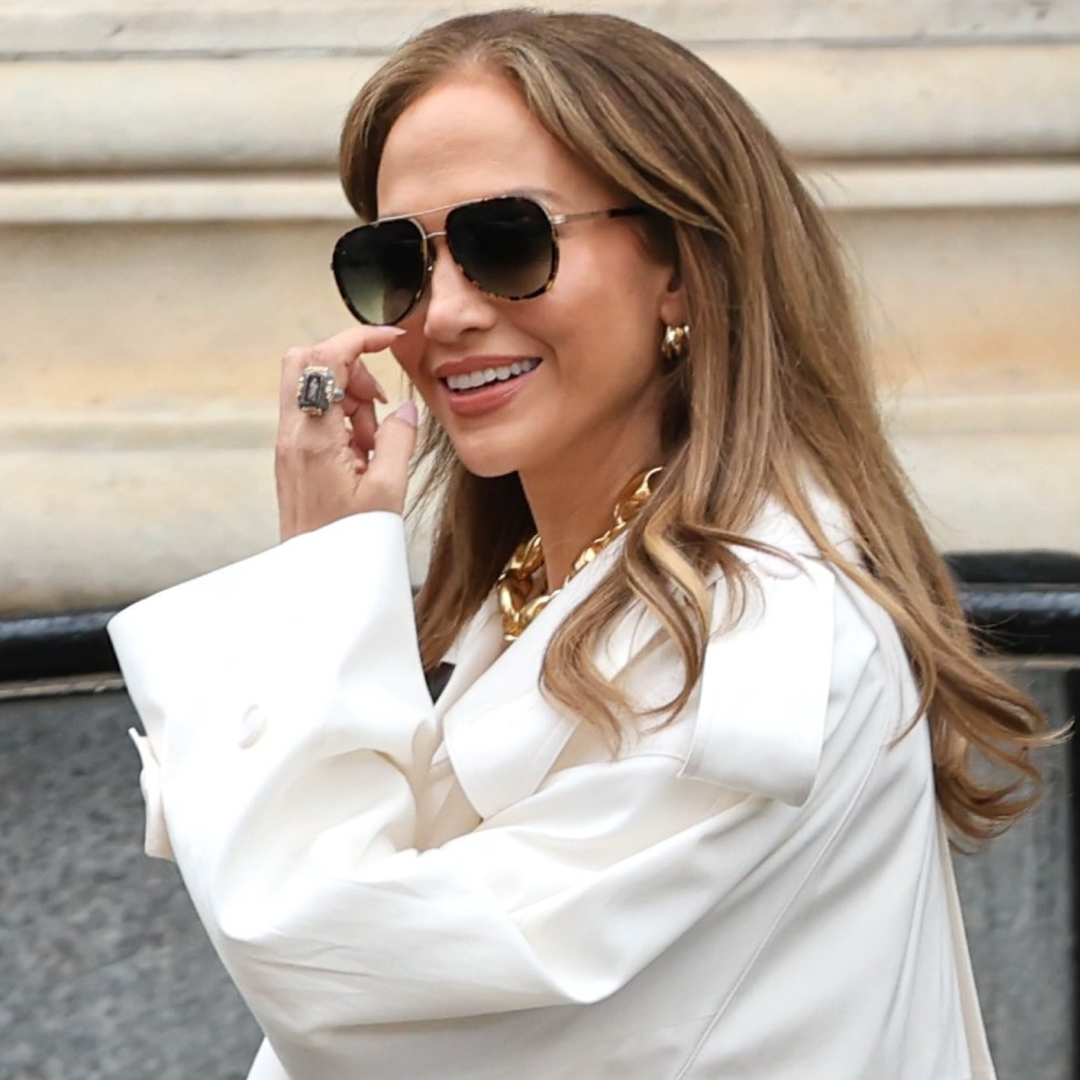 Jennifer Lopez's Free People Shout-Out Is Going Viral
Jennifer Lopez's Free People Shout-Out Is Going ViralBut not for the reasons you'd expect.
By Halie LeSavage
-
 James Middleton Shares Why He Was "Breathless and Flustered" During Meeting With Queen Elizabeth
James Middleton Shares Why He Was "Breathless and Flustered" During Meeting With Queen Elizabeth"I heard a snort of laughter and looked past the Queen to see everyone in the room stifling their giggles."
By Kristin Contino
-
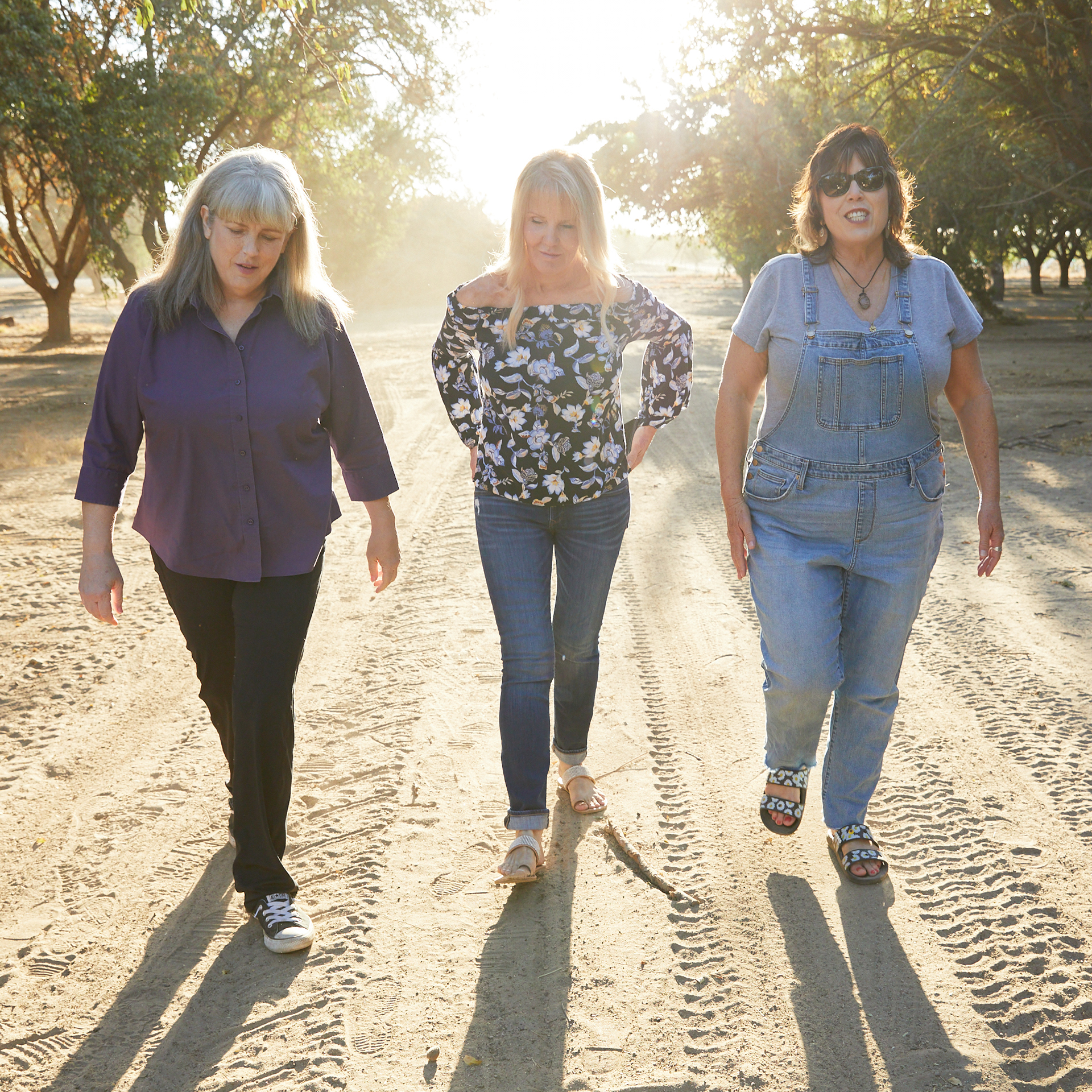 Of Murder and Motherhood
Of Murder and MotherhoodTheir children are gone but these women are united in their fight for justice and answers.
By Katya Cengel
-
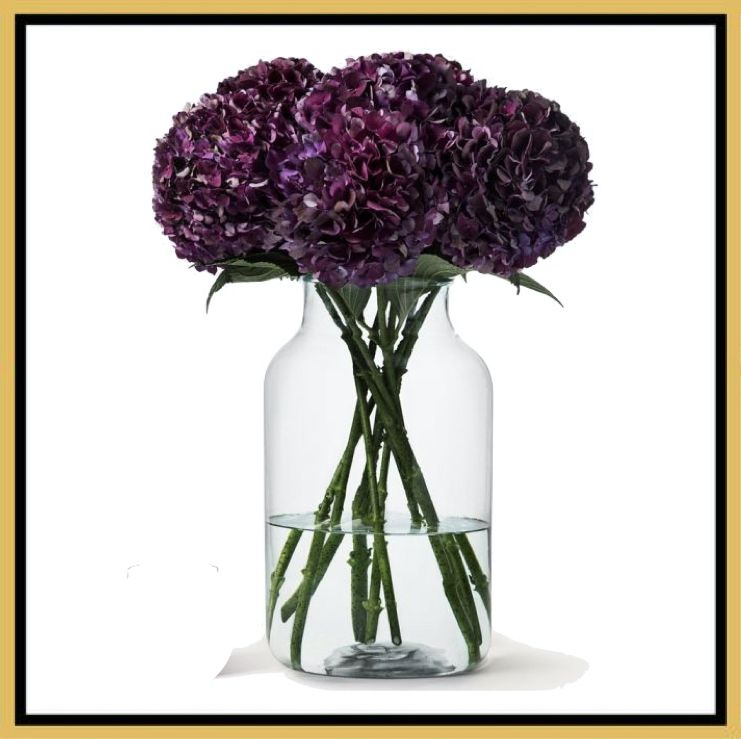 60 Gifts for Mom She'll Truly Love
60 Gifts for Mom She'll Truly LoveFrom creature comforts to luxe indulgences.
By Sara Holzman
-
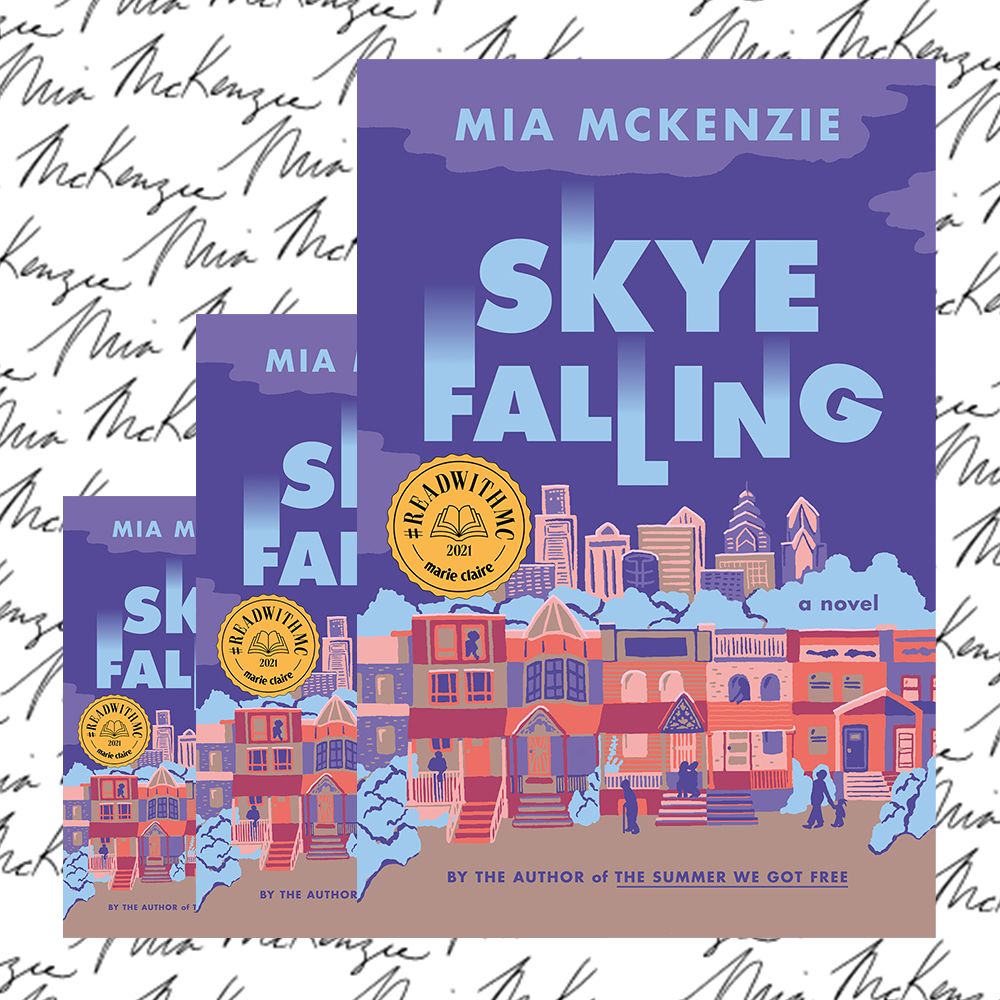 'Skye Falling' Deserves a Spot on Your Summer Reading List
'Skye Falling' Deserves a Spot on Your Summer Reading ListIn July, Marie Claire read Mia McKenzie's 'Skye Falling.' See what the #ReadWithMC community thought about the book here.
By Marie Claire
-
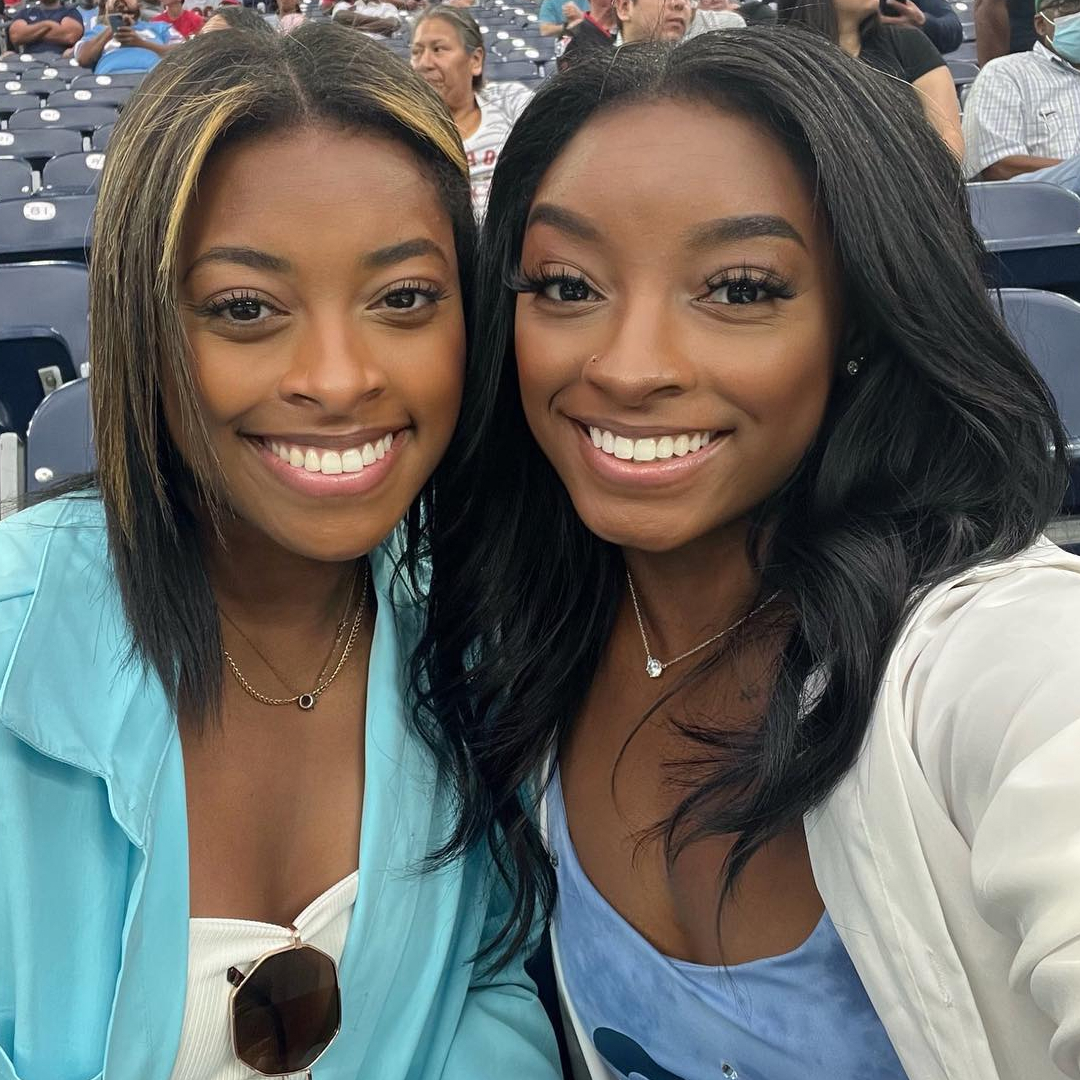 What to Know About Adria Biles, Simone Biles' Sister and Biggest Supporter
What to Know About Adria Biles, Simone Biles' Sister and Biggest SupporterFeatures Here's what to know about the Team U.S.A. gymnast's supportive, lookalike sis.
By Katherine J. Igoe
-
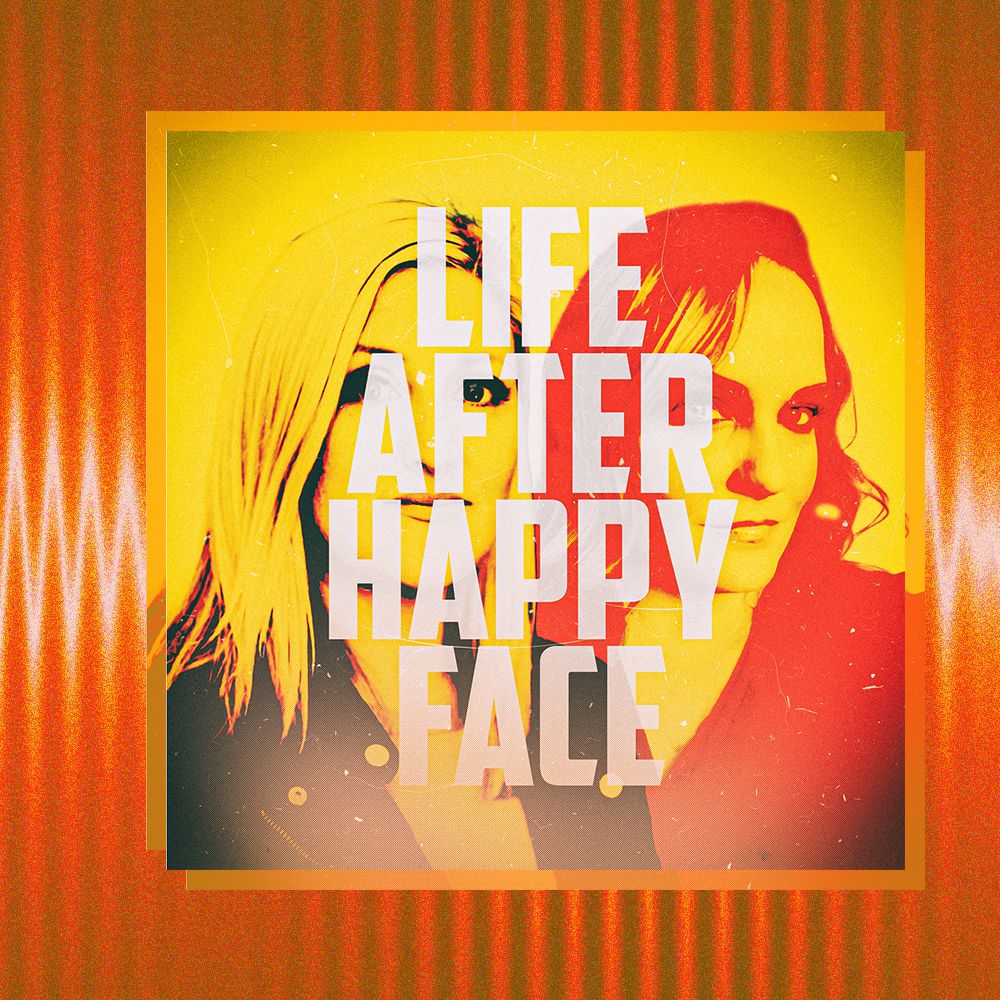 Melissa Moore's 'Life After Happy Face' Podcast Looks at Killers Through New Eyes
Melissa Moore's 'Life After Happy Face' Podcast Looks at Killers Through New EyesThe true crime expert and daughter of the Happy Face Killer opens up to Marie Claire about destigmatizing the label of 'criminal's kid.'
By Maria Ricapito
-
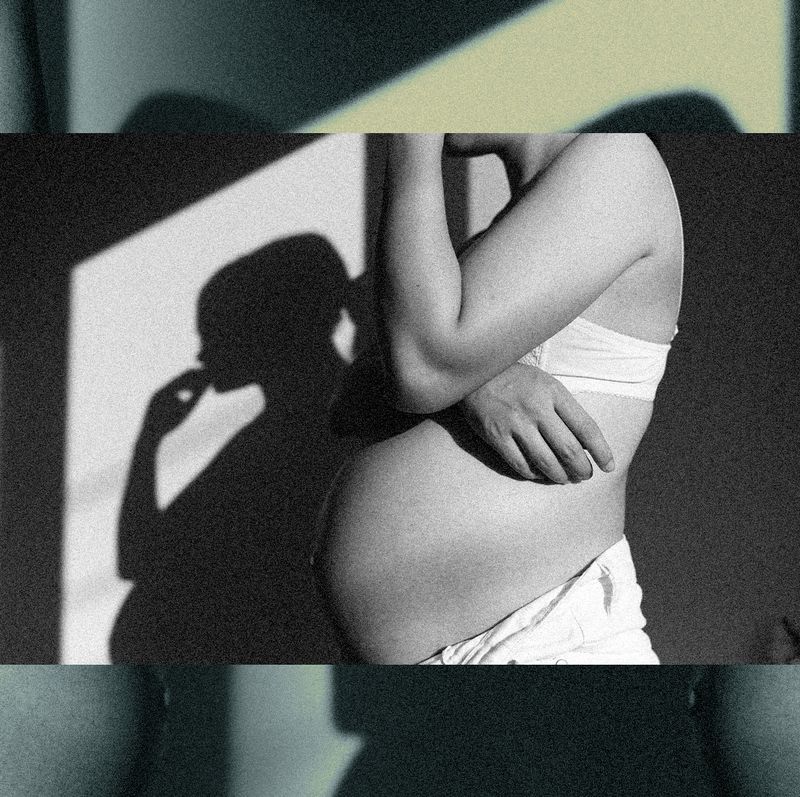 Won't Call the Midwife
Won't Call the MidwifeWith high rates of maternal mortality and coercion in hospital settings, more American women are exploring childbirth without any medical assistance whatsoever. The Free Birth Society provides community, resources, and validation for these convention buckers. But experts warn that choice comes at the expense of safety.
By Rebecca Grant
-
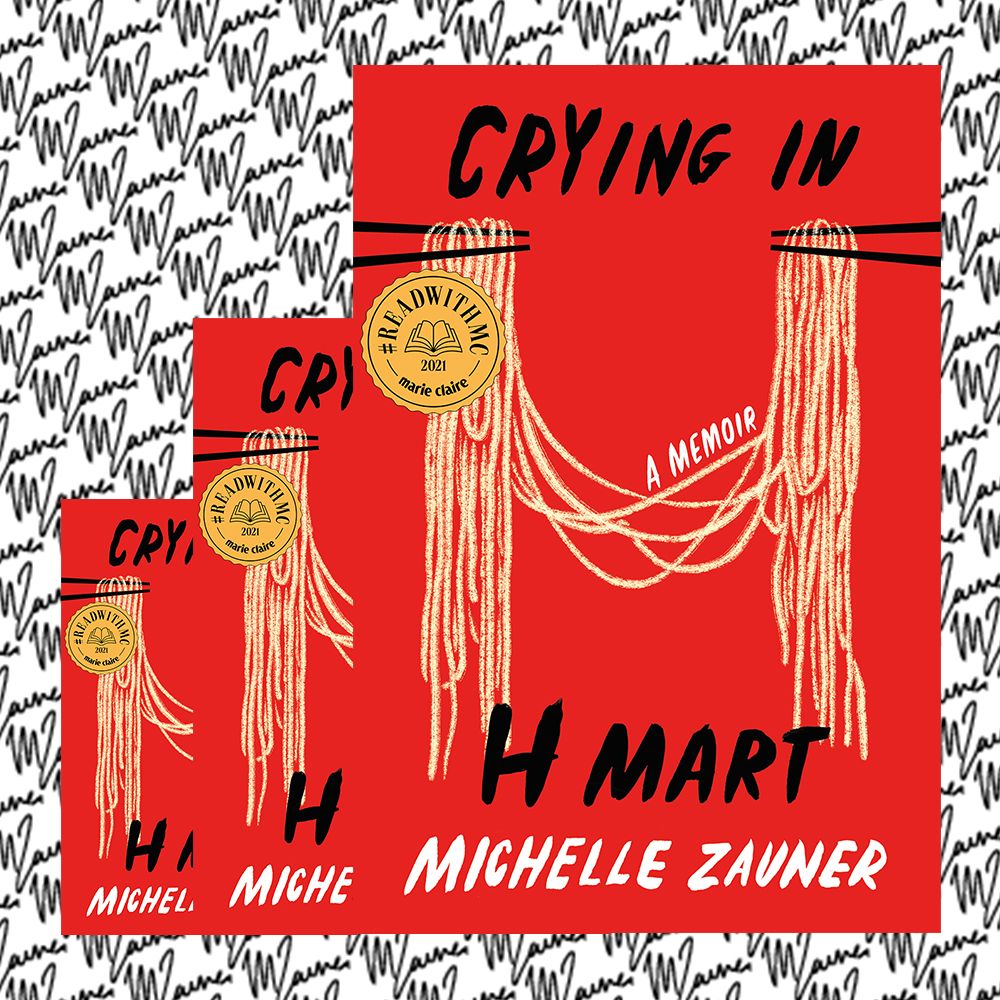 Michelle Zauner's 'Crying in H Mart' Is Deeply Moving
Michelle Zauner's 'Crying in H Mart' Is Deeply Moving"She made me want to eat and cry at the same time..."
By Rachel Epstein
-
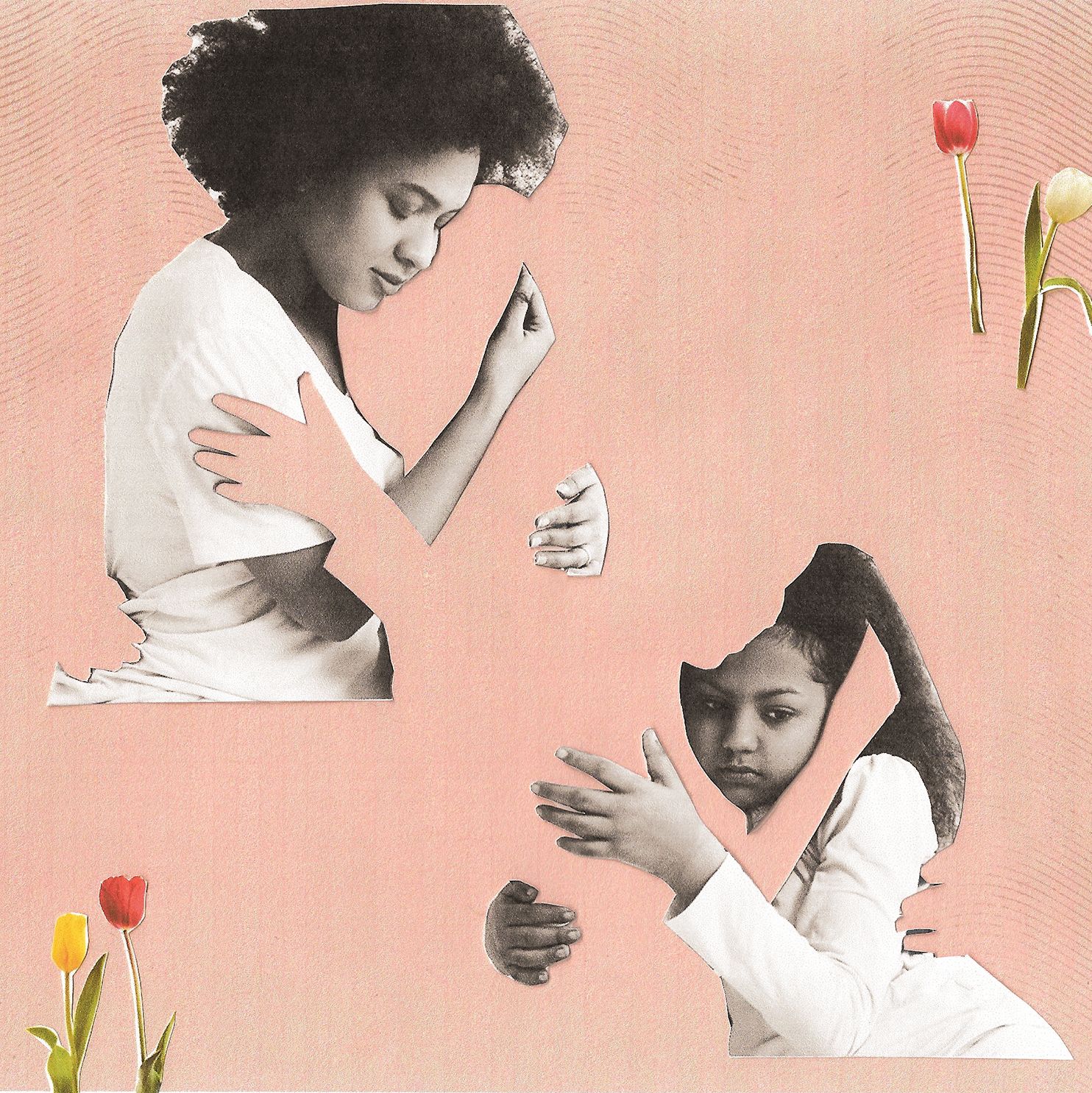 Being Estranged From My Mom Is Hard. Mother’s Day Makes It Harder
Being Estranged From My Mom Is Hard. Mother’s Day Makes It HarderIt’s high time to start representing the different types of mother-daughter relationships—or lack thereof—that exist during the holiday.
By Christina Wyman